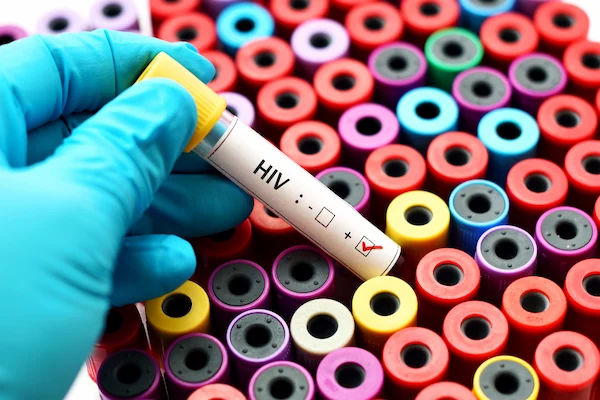- Male
- 28 Years
- 29/01/2025
Question
I'm really worried about how long HIV can live outside the body. Like, if someone with HIV accidentally gets a drop of blood on a chair or table, is it still dangerous if I touch that same spot after 30 minutes? Can the virus still be active?
Answered by 1 Apollo Doctors
HIV survives outside the body for a short period: 15-30 minutes on a dry surface, up to 72 hours in a moist environment, but risk of transmission through casual contact is extremely low, and standard household cleaning and disinfection kill HIV.
Dr. Ranjith Suggests...
Consult a Infectious Disease specialist
Answered 04/07/2025
0
0
More Infectious Disease Health Queries
View allDisclaimer: Answers on Apollo 247 are not intended to replace your doctor advice. Always seek help of a professional doctor in case of an medical emergency or ailment.



